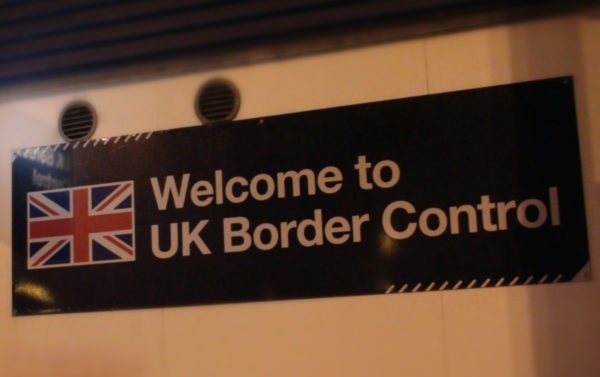
There’s no doubt that immigration represents a political hot potato in the current climate, particularly with businesses having responded with concern to proposed legislative changes.
One of the key issues is the proposal to increase the minimum salary threshold for migrant workers after Brexit, with the set to rise to £30,000. Many business owners have claimed that this will deny them access to the labour and skills needed at entry level to support the economy, creating something of a stand-off between entrepreneurs and the government.
The immigration laws in the UK are already contentious and complex enough, especially when you consider problematic entities such as the so-called ‘Spouse Visa’. But what exactly are the qualification requirements for this, and what can go wrong with your application?
What’s Required to Obtain a Spouse Visa?
If you’re a British citizen or hold permanent residency (ILR) and you want to bring your husband, wife, partner or fiancée to the UK, you’ll need to apply for a UK Settlement (or ‘Spouse’) visa. Even in instances where your partner intends to stay in the UK for a brief period of time, you’ll have to secure temporary paperwork that supports their right to stay indefinitely.
While both temporary and permanent residence can be granted by the government, the terms of this visa require applicants to comply with a vast array of conditions (each of which is laid out clearly in the legislation).
The value of funds held by the application is a key consideration, for example, as if they don’t have enough money or the documentation to support their economic background, their plans are likely to be scuppered.
It’s also imperative that both the resident and the foreign national are able to provide evidence of a genuine relationship, or at least one that continues to subsist authentically.
This requirement is particularly challenging for couples, particularly those that have no children or have lived apart for a considerable period of time. We’ll touch more on this later, but it’s definitely something for couples to keep in mind before they press ahead with their partner visa application.
On a fundamental level, the applicant must also be able to demonstrate how they meet the English language requirement. More specifically, they’ll need to prove that they have a viable grasp of the English language, as this will help them to contribute to British society and potentially seek work.
Of course, it stands to reason that the applicant shouldn’t have any civil or criminal cases (or convictions) either spent or unspent, as such instances can cause their application to be immediately rejected.
Considering Further Challenges and Driving a Successful Application
Another key challenge facing this type of visa application is caused by a lack of adequate accommodation.
For example, if the sponsor cannot prove that their home will become legally overcrowded should the visa applicant reside with them, they may not be able to proceed.
In instances where your property is big enough to host the visa applicant, you can resolve this potential issue proactively simply by providing an Immigration Property Inspection Report to the relevant authorities.
This represents one of the ways in which you can avoid complications with your partner visa application and increase your chances of success, while we’d also recommend discussing your personal circumstances with experienced immigration lawyers.
The reason for this is simple; is that they’ll be able to provide targeted insight into your situation and the potential challenges that can scupper your application. From here, you can take steps as a sponsor to negate these and ease the emotional burden of reuniting with a distant loved one.
